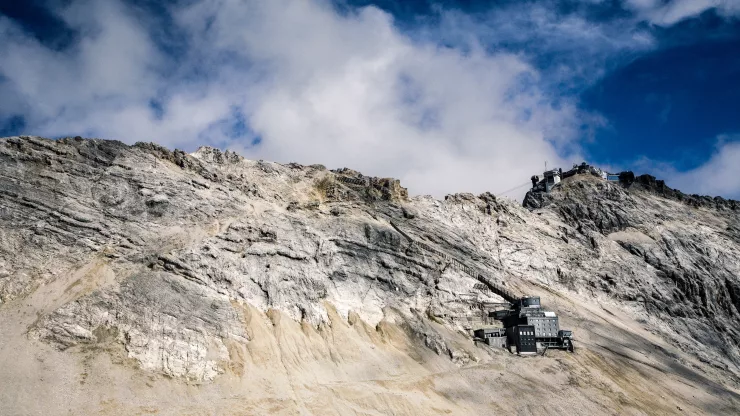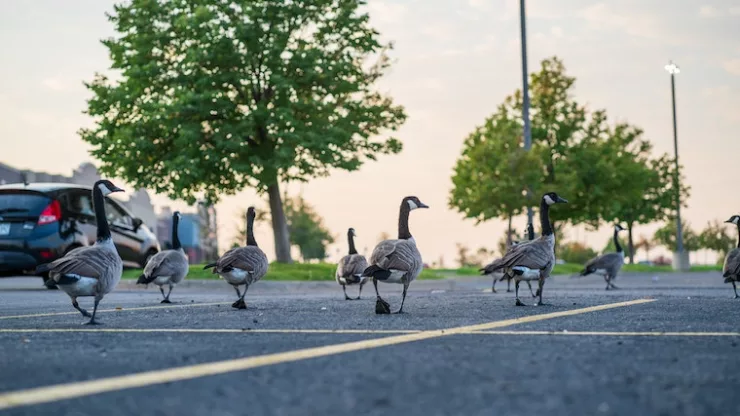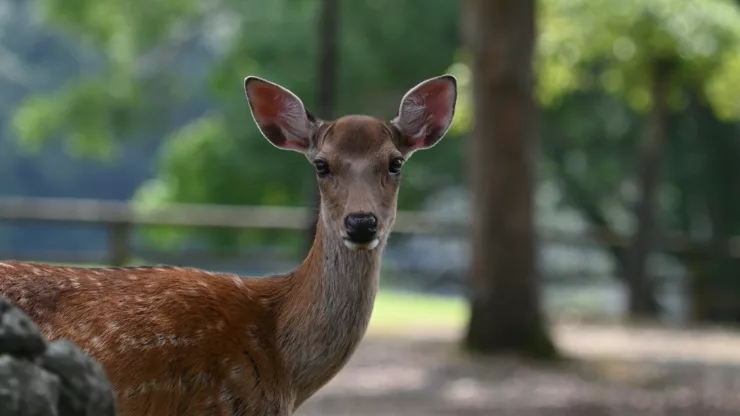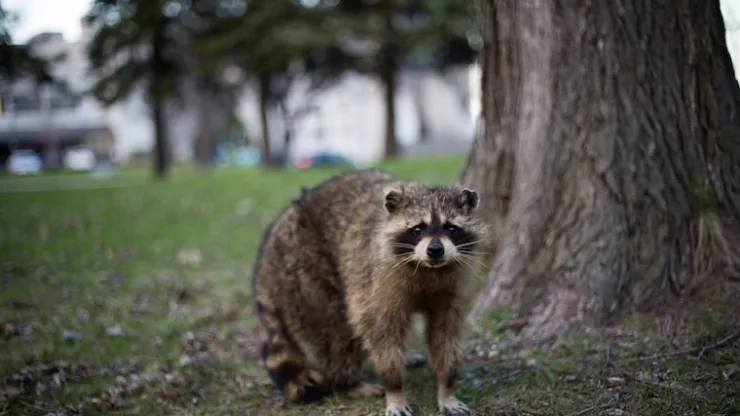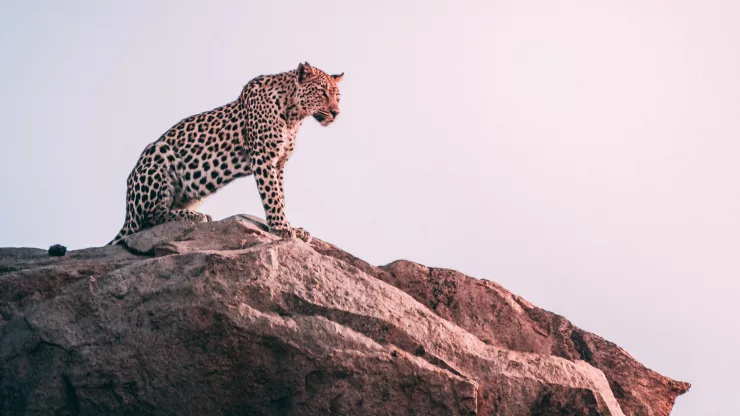When City and Nature Collide
As cities continue to grow and expand, they inevitably encroach upon natural habitats, bringing humans and wildlife into closer proximity than ever before.
While this can create exciting opportunities for urban dwellers to observe and appreciate wild animals, it also poses risks and challenges for both humans and animals.
Understanding how urbanization affects wildlife and learning how to coexist with our wild neighbors is crucial for ensuring the safety and well-being of both humans and animals.
Jump to Section
How Urbanization Affects Wildlife
Urbanization can have a major impact on wildlife, disrupting natural habitats and forcing animals to adapt to new environments.
As cities grow, they often replace forests, fields, and other natural habitats with buildings, roads, and other infrastructure, limiting the space available for wildlife to live and roam.
This can lead to decreased biodiversity and disrupted food chains, as well as increased competition and conflict between different species of animals.
In addition, urbanization can also expose wildlife to new risks and hazards, including traffic, pollution, and encounters with humans and domestic animals.
This can lead to injuries, illness, and even death for some animals, as well as increased risks for humans who may come into contact with wild animals in urban areas.
Coexisting with Wild Neighbors
While urbanization can create challenges for both humans and wildlife, it is possible to coexist with our wild neighbors in safe and respectful ways.
This requires understanding the needs and behaviors of different species of animals, as well as taking steps to minimize conflict and promote peaceful coexistence.
One key way to promote coexistence is to create and maintain green spaces within urban areas, such as parks and gardens, that provide habitat and resources for wildlife.
This can help to support biodiversity and provide safe havens for animals in urban areas.
Tips for Living in Harmony with Nature
Here are some tips for urban dwellers who want to live in harmony with their wild neighbors:
- Minimize sources of food and shelter that may attract wildlife, such as unsecured trash cans or pet food left outside.
- Keep a safe distance from wild animals, and never attempt to feed or touch them.
- Learn about the behaviors and needs of different species of wildlife, and take steps to protect them from harm or disturbance.
- Support local conservation efforts and advocate for policies that protect wildlife and their habitats.
FAQ
What should I do if I encounter a wild animal in my neighborhood?
If you encounter a wild animal in your neighborhood, it is important to keep a safe distance and avoid approaching or attempting to touch the animal.
If the animal appears injured or in distress, contact a wildlife rehabilitation center or animal control agency for assistance.
How can I prevent wildlife from damaging my property or garden?
There are a number of ways to prevent wildlife from damaging your property or garden, including using fencing or netting to keep animals out, using natural deterrents like garlic or cayenne pepper, and planting species of plants that are less attractive to wildlife.
What should I do if I find a baby animal that appears to be abandoned?
If you find a baby animal that appears to be abandoned, it is important to resist the urge to take the animal home or attempt to care for it yourself.
In most cases, the animal’s mother is likely nearby and will return to care for the baby when it is safe to do so.
If you are concerned about the animal’s well-being, contact a wildlife rehabilitation center or animal control agency for assistance.
As urbanization continues to reshape our cities and communities, it is important to remember that we share our spaces with a diverse array of wildlife.
By taking steps to minimize conflict and promote coexistence, we can help to ensure that both humans and animals can thrive in our urban environments.
I’m a nature enthusiast and creator of Metro Wilds and have spent years exploring the great outdoors.
With a passion for environmental conservation and sustainability, I have dedicated my career to writing about the beauty and wonders of nature, as well as the threats facing our planet.
Contact me at [email protected] for assistance.

